The top 5 mind-blowing scientific breakthroughs of the past ten years
What have we descovered recently?
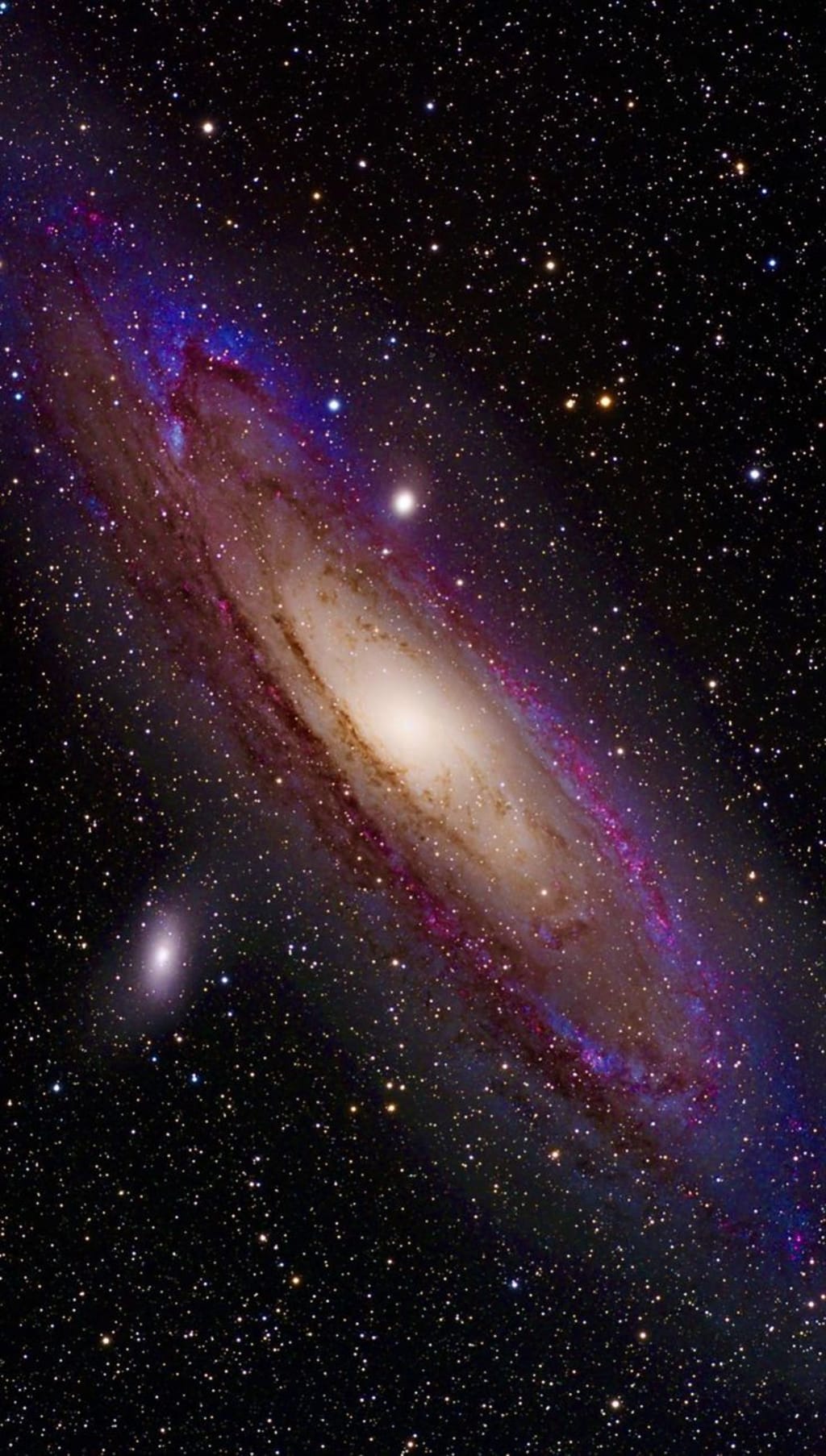
The past decade was a time of incredible scientific discoveries. Researchers from various fields conducted experiments, gathered evidence, and explored new places that made us question what we knew about our planet and the universe. We made significant progress in understanding one of the biggest challenges humanity has ever faced. Additionally, we learned a lot about extremely dangerous objects. Now, let's explore five of the most astonishing scientific discoveries.
1. In 2006, Pluto was no longer considered a full planet, but that same year, the New Horizons spacecraft was launched. Its mission was to explore the farthest parts of our solar system and study Pluto, which it successfully reached in July 2015. The images and data it sent back were astonishing. Instead of being a dull, frozen rock as some had thought, Pluto was discovered to have moving glaciers, floating ice mountains, and a massive frozen sea made of solid nitrogen. The ice on Pluto is always in motion, albeit slowly, because it is warmed by the pressure above it, causing it to rise. This constant replenishment of the top layer of ice creates unexpected surface structures, providing new insights into the mysterious dwarf planets at the edge of our solar system.
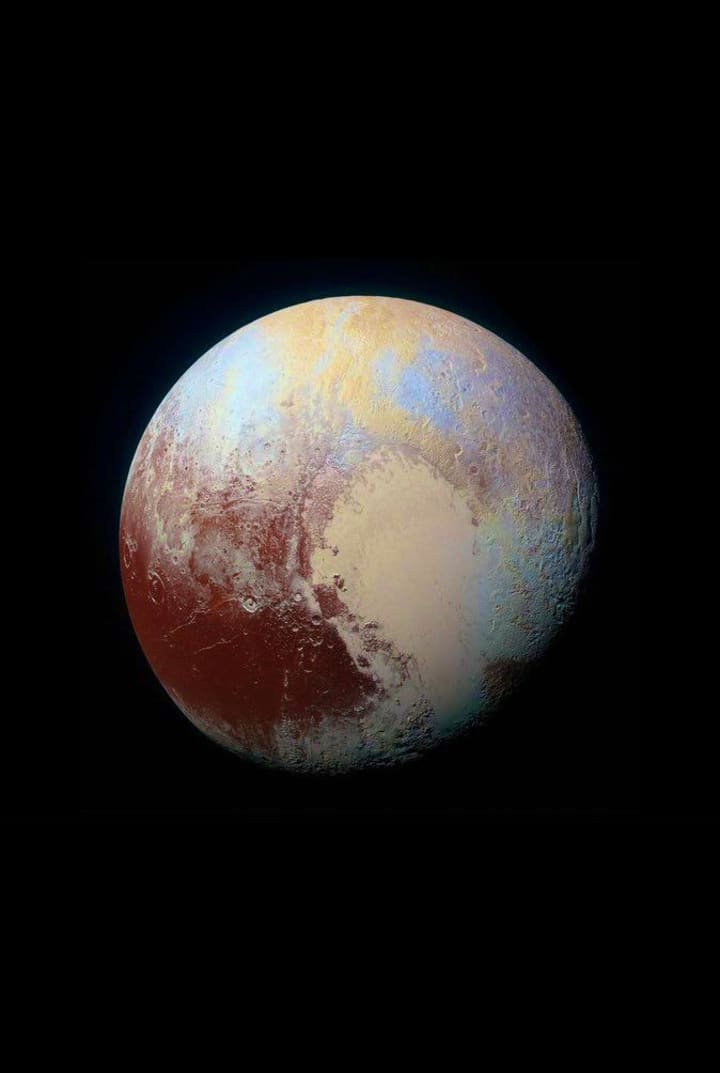
2. In 2012, scientists made a groundbreaking discovery at the Large Hadron Collider in Switzerland. They found a particle called the Higgs boson, also known as the god particle. This discovery was made possible by building the world's largest machine, which cost nearly five billion dollars. The Higgs boson had been predicted back in 1964 and is a crucial piece in understanding the subatomic world. It helps explain why objects have mass, which the current standard model of physics couldn't fully explain.
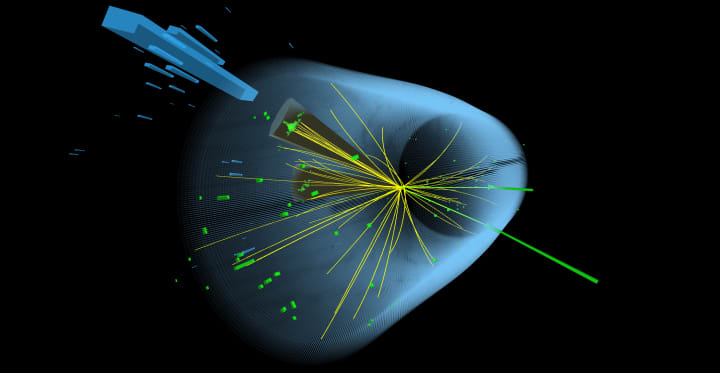
The Higgs boson exists in the Higgs field and interacts with other particles to give them mass. This discovery completed the missing piece of the standard model of physics. Now, scientists can use the Large Hadron Collider to explore even more mysterious phenomena.
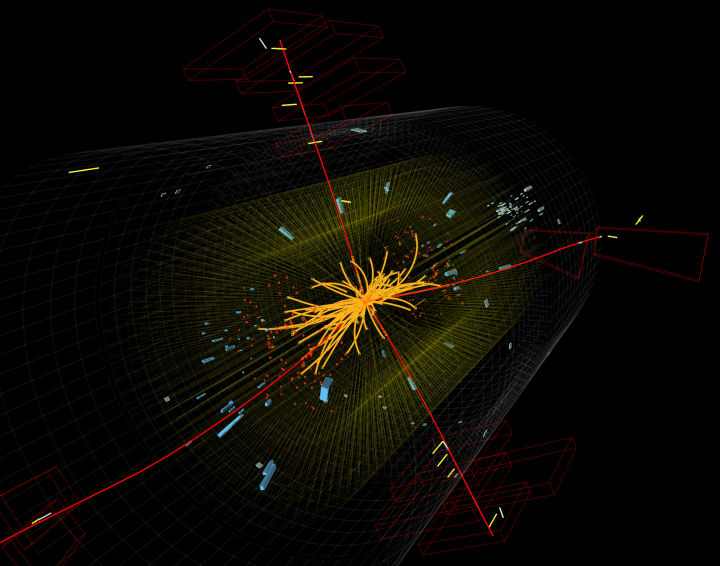
3. For centuries, people have gazed at the sky, wondering what lies beyond. As we developed tools to study the stars, we discovered that there are countless stars and even other planets in our own solar system. However, we didn't know how common it is for planets to orbit other stars. Everything changed in 2009 when the first Kepler probe was launched. It was designed to observe distant stars and measure the amount of light they emit. By studying changes in their brightness, scientists could determine if any objects were orbiting them. The results have been astonishing. By the end of the last decade, we had discovered over 4,055 exoplanets, including a few that could potentially support life. And this number is expected to grow as we enter a new decade. The more we explore, the more we realize that our solar system is not unique, and there is so much more out there waiting to be discovered.
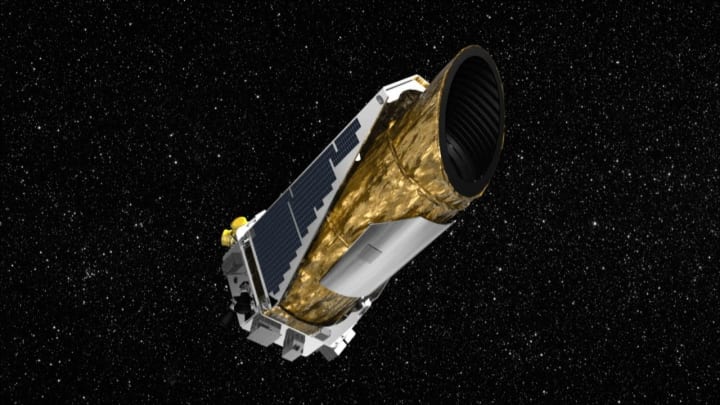
4. Throughout Earth's history, the world's climates have changed a lot. We've experienced extreme heat and extreme cold at different times. However, in recent years, we've noticed some significant changes happening during our lifetimes. What's different this time is that these changes are mostly caused by human actions, which became clearer in the last decade. We now understand how our behavior is affecting the planet.

For example, in 2012, Greenland lost 400 billion tons of ice, and Antarctica has been losing over 250 billion tons of ice every year throughout the decade. This is almost six times more than what was lost just thirty years ago. If this continues, it's predicted that the world's sea levels will rise by 3 feet by the year 2100. This will directly impact the homes and lives of at least 630 million people. But the consequences go even further.

Due to human activity, 40% of amphibian species, over 33% of marine mammals, and 10% of insect species are now endangered. The situation is getting worse. While the last decade was when we fully realized the extent of the problem, let's hope that the next decade brings us closer to finding a solution.
5. Black holes have always been enigmatic objects in the universe. However, dedicated researchers have made significant progress in understanding them, revealing their fascinating nature. Typically formed from the collapse of massive stars, black holes possess an incredibly dense structure due to the material collapsing inward. Their intense gravity leads to some extraordinary phenomena. In 2016, the detection of black holes colliding confirmed Einstein's 1916 prediction of gravitational waves, which are ripples in space-time. This remarkable discovery was not the only significant revelation about black holes in the past decade. The Event Horizon Telescope team successfully captured the first-ever image of a supermassive black hole at the center of the Messier 87 galaxy, located approximately 54 million light-years away. This black hole's mass is equivalent to 6.5 billion of our Suns. It is believed that similar black holes exist at the center of every galaxy, and their gravitational pull influences the orbits of billions of stars within these vast structures.
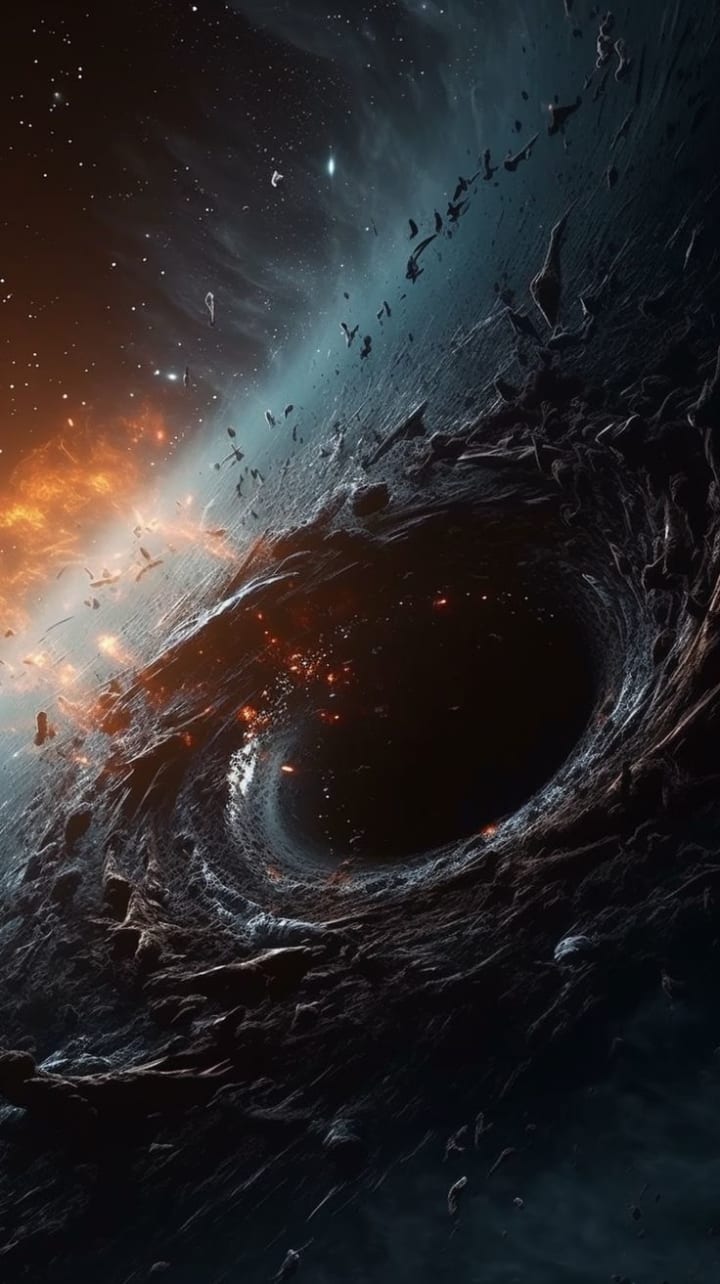
The 2010s were an extraordinary period for scientific discoveries, expanding our knowledge of the world and the universe surrounding us. That was all for now, thank you for reading my article once again!
black belt barbie <3
About the Creator
Black Belt Barbie
Interesting choice of name, isn't it? The thing is my username has nothing to do with what I'm writing about :) Here you're going to explore variety of different stories, including articles that are going to shock you! Enjoy <3






Comments (2)
Very cool
VERY INTERESTING BRO